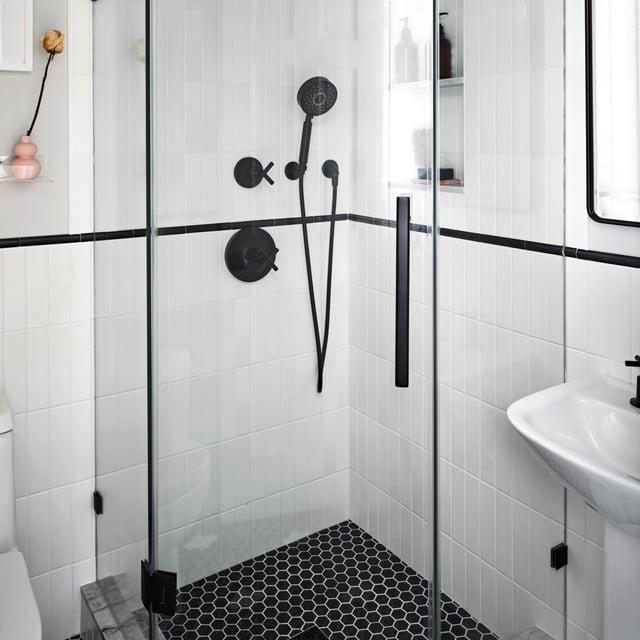
Contractors
Half Bathroom to Full Conversion: Costs, Permits & Designs
08.02.2025
Our New Year savings event is here: Get up to $6,500 off your project today (terms apply).

.jpg?width=640&name=Block%20Renovation%20-%20Gerrit%20-%20May%2026%2c%2020231442%20(1).jpg)
In This Article
Renovating a 1,000-square-foot condo can be a transformative experience. Whether you're upgrading for personal comfort, increasing resale value, or adapting the space to fit modern needs, it’s a project that requires thoughtful budgeting and detailed planning. But the big question is: how much will it cost?
This article dives deep into renovation cost estimates, cost drivers, and value-added investments to help you understand what to expect. We cover different renovation tiers, room-by-room pricing, hidden costs, and budgeting strategies to make your renovation both financially feasible and rewarding.
Design a Home That’s Uniquely Yours
Block can help you achieve your renovation goals and bring your dream remodel to life with price assurance and expert support.
Get Started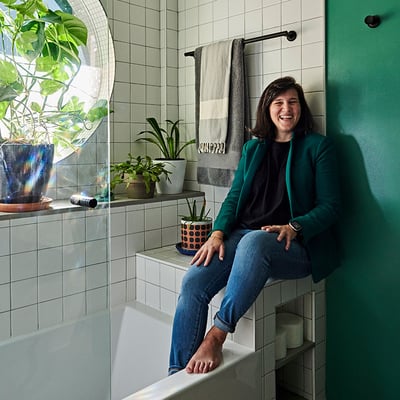
The total cost of renovating a 1,000 sq ft condo can vary dramatically depending on the scope of work, quality of finishes, geographic location, and labor rates. On average:
These estimates assume a comprehensive renovation, including kitchen, bathrooms, flooring, and cosmetic updates throughout. They include materials, labor, permits, and professional fees.
Understanding the primary cost drivers can help you make informed decisions during your planning process.
The extent of the renovation significantly affects the budget. A cosmetic renovation might include painting, refinishing floors, or replacing light fixtures and will cost considerably less than a full gut renovation involving demolition, reconfiguration of layouts, and infrastructure upgrades like plumbing and electrical.
Material selection has a huge impact. Builder-grade materials like vinyl flooring or stock cabinetry cost far less than custom wood cabinets, stone countertops, or designer fixtures. While luxury materials provide a high-end look and feel, they can multiply your costs.
Labor accounts for a significant portion of the renovation budget—often 30 to 50%. Rates vary by region and by the skill level required. Specialized trades like electricians and plumbers charge premium rates. Hiring licensed, experienced professionals is essential for long-term safety and code compliance, even if the upfront cost is higher.
In condo buildings, renovations typically require permits and approval from the homeowners' association (HOA). These requirements vary but can add thousands to your project in the form of permit fees, inspections, or legal reviews. Some HOAs also restrict working hours and materials, which may limit options or delay your timeline.
Breaking the renovation down by room can help you prioritize and budget more effectively.
Living spaces and bedrooms are typically less expensive to renovate compared to kitchens and bathrooms. Costs usually involve flooring, paint, trim, lighting, and possibly built-in cabinetry or storage.
You can expect to spend between $8,000 and $20,000 depending on materials and the amount of custom work. Adding smart home features, custom millwork, or higher-end lighting increases the price.
The kitchen is one of the most expensive areas to renovate due to its complexity. A basic kitchen remodel can start around $15,000. A mid-range renovation, which includes new cabinets, mid-quality appliances, backsplash, and quartz countertops, might range from $25,000 to $45,000.
A high-end condo kitchen remodel, with custom cabinetry, high-end appliances, designer lighting, and luxury materials, can easily exceed $70,000.
Bathrooms are second to kitchens in cost intensity due to the required plumbing and moisture protection. A simple bathroom remodel might cost between $8,000 and $15,000. A mid-tier remodel that includes a new vanity, flooring, tiling, and fixtures will generally fall between $15,000 and $25,000.
A high-end bathroom remodel, including a large walk-in shower, freestanding tub, high-end fixtures, and custom tilework, can reach $40,000 or more.
Upgrading or adding a laundry area typically costs between $2,000 and $6,000. The cost depends on plumbing requirements, electrical upgrades, and whether you’re relocating appliances or installing built-ins for storage.
Know the Cost Before You Start

There are several costs that homeowners frequently underestimate or overlook entirely.
Hiring an architect or interior designer adds professionalism and polish to your renovation. Most charge 10 to 20% of the overall renovation cost. While this is a considerable investment, good design can increase functionality and long-term value.
General contractors include their own overhead for managing the job, supervising tradespeople, handling permits, and keeping the schedule on track. This can add another 15 to 25 percent to your base construction costs.
Every renovation should include a contingency budget. Experts recommend adding 10 to 20% to your estimated budget to cover surprises like structural damage, mold remediation, or unanticipated code upgrades. These issues often surface once demolition begins.
In a full condo renovation, you may need to vacate the space. If the unit becomes uninhabitable due to dust, noise, or lack of plumbing, you'll need alternative accommodations. Depending on your location and duration, temporary housing and furniture storage can cost $3,000 to $10,000 or more.
Renovating smartly doesn’t mean cutting corners. Here are proven strategies to save money while still achieving beautiful results:
Thorough planning can prevent costly changes mid-project. Knowing your design, materials, and contractor schedule in advance reduces delays and change orders.
If budget is a concern, concentrate on areas that add the most value, such as the kitchen and bathroom. Cosmetic updates elsewhere can be done more affordably.
Use a mix of splurge and save items. For example, invest in high-end hardware or a statement light fixture, but opt for more affordable cabinets or countertops.
Retaining the current layout helps avoid costly plumbing and electrical changes. Simply updating finishes can give a space a whole new look at a fraction of the price.
Salvaging existing cabinetry, fixtures, or flooring and giving them a fresh finish or updated hardware can dramatically cut costs without sacrificing style.
Always get multiple contractor bids. This not only ensures competitive pricing but gives you a clearer understanding of what’s included in each quote.
Compare Proposals with Ease
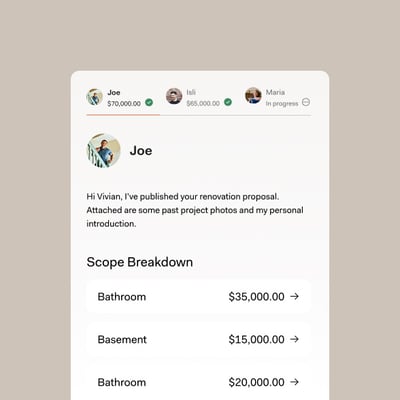
While costs are high, a smart renovation can increase both your comfort and your property value. Kitchens and bathrooms provide the best return on investment, with average ROI ranging from 60 to 80%.
New flooring, improved lighting, and added storage are also upgrades that appeal to buyers and improve day-to-day livability. Even if you’re not selling soon, quality renovations enhance the enjoyment and usability of your home.
A 1,000-square-foot condo renovation can be a major undertaking, but with careful planning and a clear understanding of your budget and goals, it can yield exceptional results. Whether you're doing a simple facelift or a full gut remodel, knowing what to expect in terms of costs, common pitfalls, and smart strategies will help you avoid surprises and get the most value for your investment. Thinking about remodeling your apartment? Get a personalized estimate and find out what’s possible in your space. Whether you’re early in the process or ready to start, we’re here to help you plan smart and confidently build.

Written by Block Renovation
How long does a full condo renovation take?
Can I live in the condo during renovations?
Do I need HOA approval?
Should I hire a general contractor?

Renovate confidently with Block
Easily compare quotes from top quality contractors, and get peace of mind with warranty & price protections.
Thousands of homeowners have renovated with Block

4.5 Stars (100+)

4.7 Stars (100+)

4.5 Stars (75+)

Contractors
Half Bathroom to Full Conversion: Costs, Permits & Designs
08.02.2025
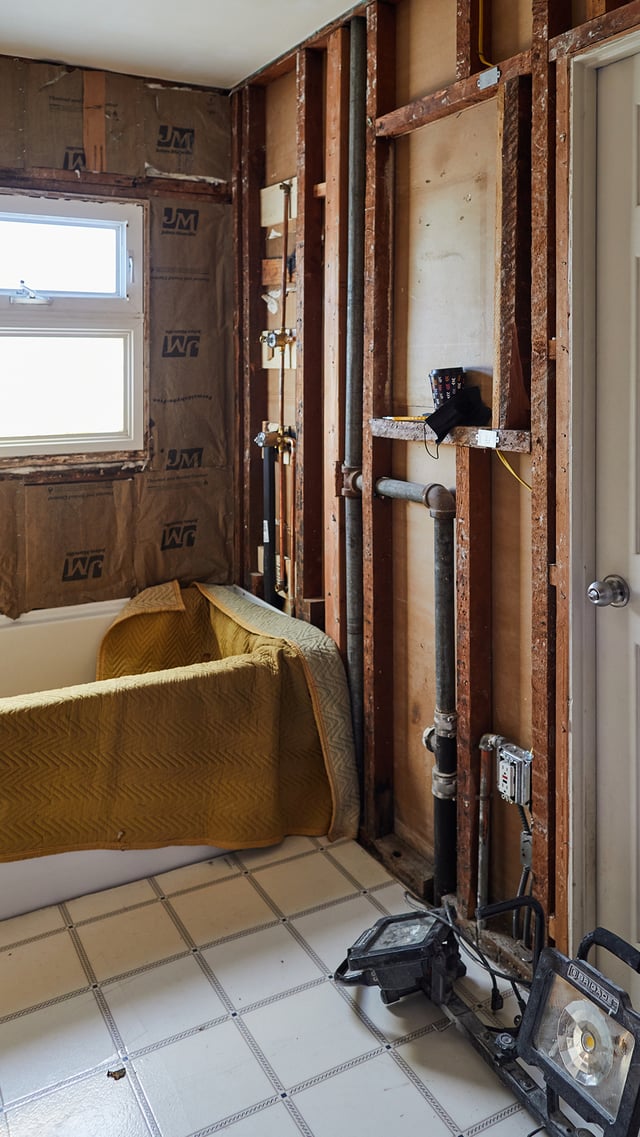
Process
Gutting a Bathroom: What It Entails, Costs & Timeline
07.15.2025
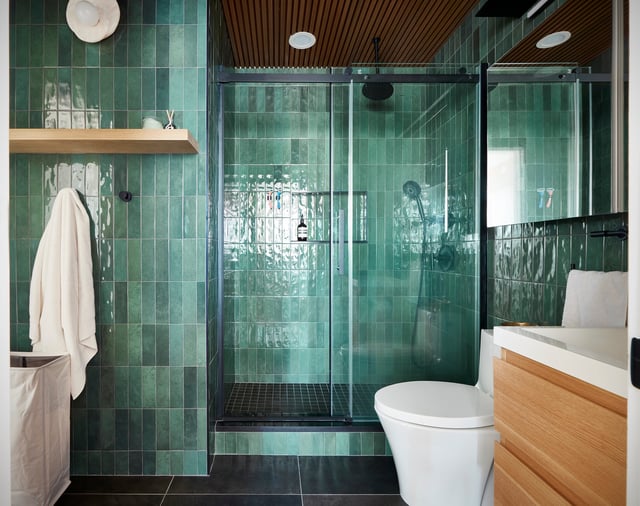
Remodeling
Does Homeowners Insurance Cover Renovations?
05.22.2025
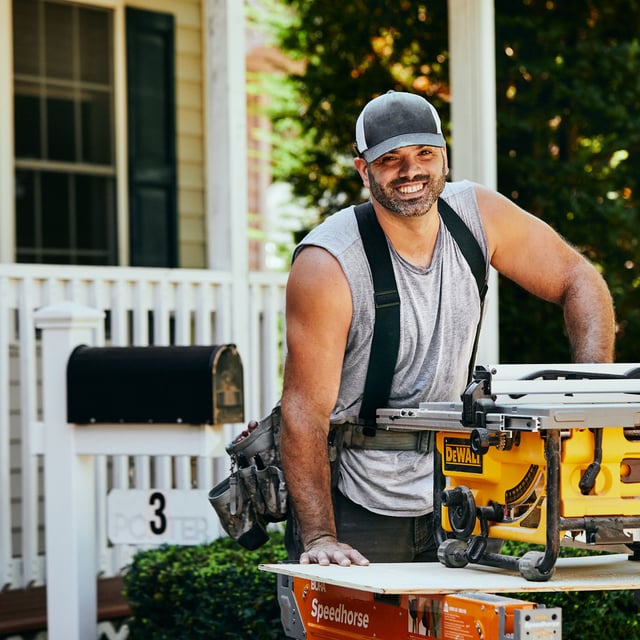
Remodeling
What’s the Difference Between a Home Renovation and a Remodel?
05.22.2025
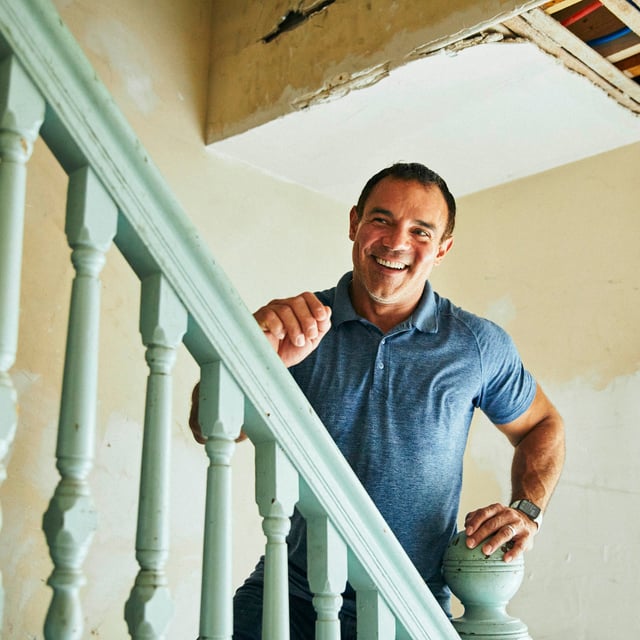
Remodeling
How to Renovate in Brooklyn
05.22.2025
Renovate confidently